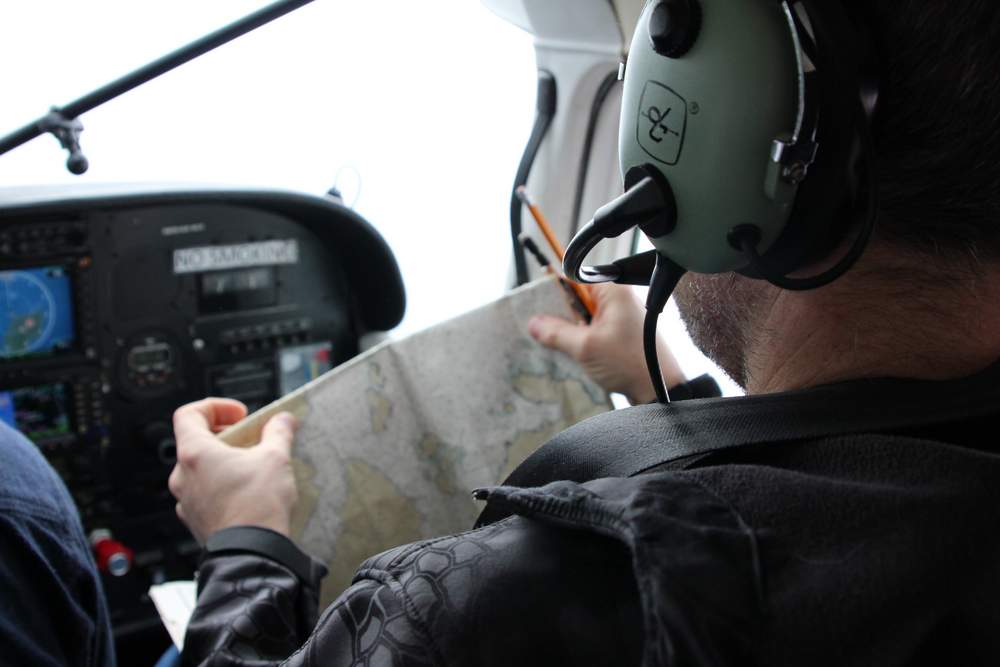
Following a 4-3 vote, commercial salmon fishermen are now banned from using spotter planes in Southeast waters.
Board member Al Cain of Anchorage said it boiled down to an issue of fairness.
“We heard one fisherman talking about leveling the playing field, so that the newer or beginning fishermen can compete. Some of those descriptions were very compelling for me,” Cain said.
Chairman John Jensen of Petersburg didn’t think aircraft made much difference in the age of smartphones.
“The thing that’s changed this fishery the most in the last 25 years is the advent of cell phones and track phones,” Jensen said.
Coincidentally, a phone went off in the audience at that moment, generating some chuckles from the audience.
“It has nothing to do with pilots. It’s guys on the back deck taking pictures, Facebooking it, YouTube, posting it. Someone in Lisianski can see what they’re doing in Kendrick Bay, 250 miles away. There’s no secrets anymore,” Jensen said.
Spotter planes are already banned in other parts of the state including Prince William Sound. The measure doesn’t affect other fish species such as herring, where spotter planes are common.
The board also took action on the rules for gear groups fishing in Deep Inlet. Each week during the hatchery return of chum salmon, gillnetters had two days to fish while seiners had one. Gillnetters were catching above their allocation. The Board of Fish reversed that ratio. This means seiners will have first dibs on salmon in Deep Inlet for the coming season.
The board also opened fishing in some Sitka areas to trollers. Trollers can now fish coho after August 20th, when Northern Southeast Regional Aquaculture Association (NSRAA) does cost recovery. The board also established a special harvest area in Crawfish Inlet for the troll fleet to target chum and chinook.
And finally, the Board took some action to conserve chinook salmon. Unattended subsistence nets in Yakutat Bay will now be forbidden in April and May. By doing so, the hope is to eliminate chinooks from being eaten by marine mammals. The board rejected a recommendation from the Yakutat Advisory Committee to close sportfishing around the Situk River weir.




